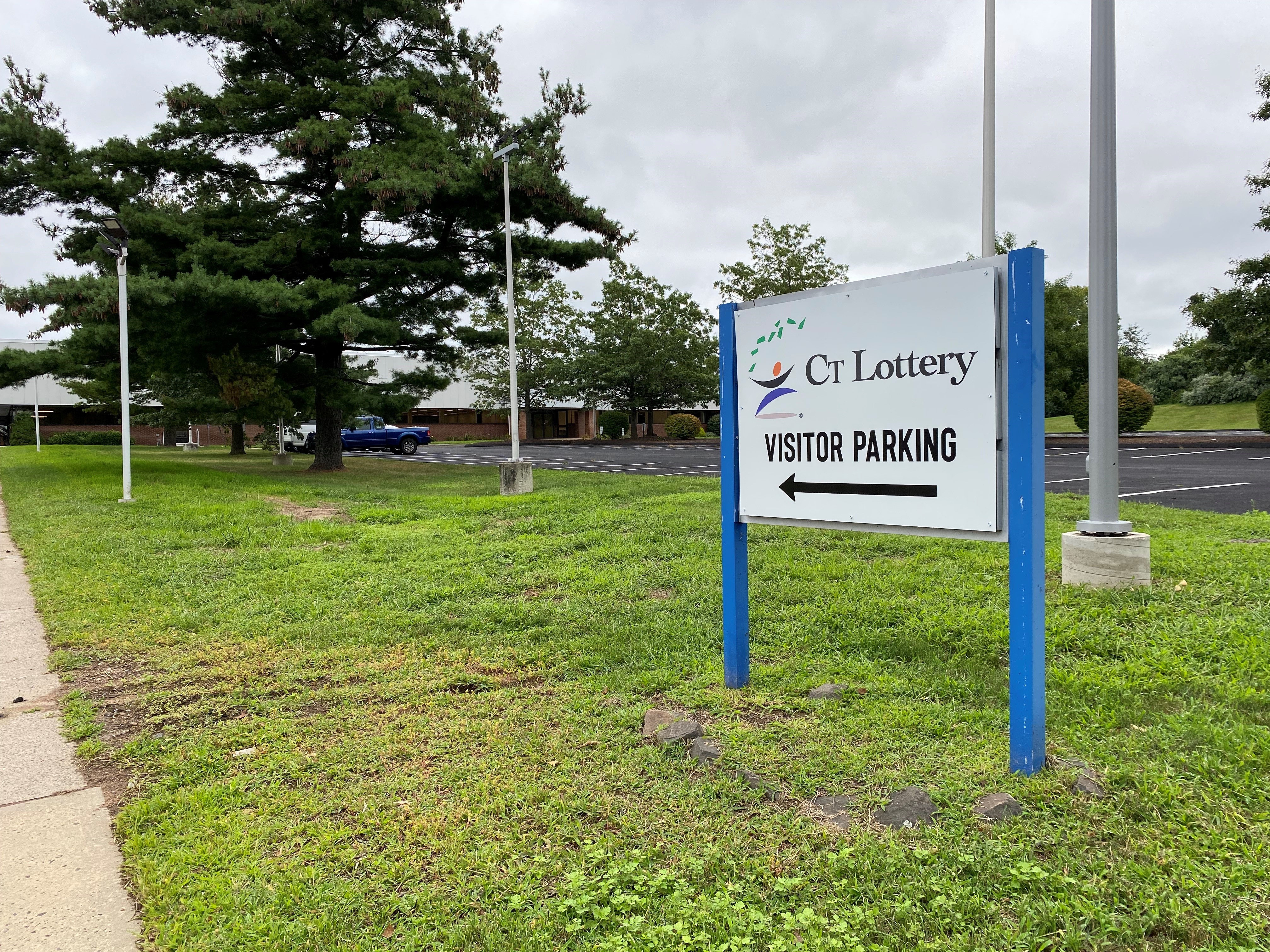Gov. Dannel Malloy is urging Connecticut residents to be prepared during hurricane season and he’s advising people to take necessary steps well in advance of a storm.
The Atlantic hurricane season started on June 1 and continues until Nov. 30.
It has already been an active hurricane season, with Hurricane Harvey causing 48 deaths and massive damage in Texas.
Now Florida is now bracing for Hurricane Irma, which was upgraded Tuesday morning to a Category 5 storm.
“We should always have preparations in place – the time to prepare for the possibility of any major storm impacting our communities is now, not when it is just days away,” Malloy said. “Since 2011, our state has had six presidential major disaster declarations, and through those experiences we have improved communications and preparedness across all levels of government. Our state residents can be assured that Connecticut is prepared to respond if any major storm strikes our state.”
Department of Emergency Services and Public Protection Commissioner Dora Schriro said it’s important for everyone to be ready for whatever comes our way.”
“An important aspect of preparation is to know where the evacuation routes and weather hazards are in your community such as, storm surge, areas prone to flooding, and those roads and bridges that frequently close due to severe weather,” Schiro said.
Local
The principle threat period for Connecticut is between mid-August and mid-October.
Malloy urged residents to download the state’s “CTPrepares” mobile app. It provides Connecticut residents with information and alerts in emergency situations, and also gives preparedness tips in advance of an emergency.
Following are recommendations from the state:
Recommended items for a basic emergency supply kit:
- One gallon of water per person per day for at least three days, for drinking and sanitation
- At least a three-day supply of non-perishable food
- Battery-powered or hand crank radio and a NOAA Weather Radio with tone alert and extra batteries for both
- Flashlight and extra batteries
- First aid kit
- A whistle to signal for help
- Garbage bags and plastic ties for personal sanitation
- Wrench or pliers to turn off utilities
- A manual can opener for food (if kit contains canned food)
- Local maps
- Cell phone with chargers, inverter or solar charger
- Food and litter requirements for any pets
- Medicine or any special need items, including diapers for infants
Family Emergency Plan
- Identify an out-of- town contact. It might be easier to make a long-distance phone call than to call across town, so an out-of-town contact might be in a better position to communicate among separated family members.
- Be sure every member of your family knows the phone number and has a cell phone, coins, or a prepaid phone card to call the emergency contact. If you have a cell phone, program that person(s) as “ICE” (In Case of Emergency) in your phone. If you are in an accident, emergency personnel will often check your “In Case of Emergency” listings in order to get a hold of someone you know. Make sure to tell your family and friends that you’ve listed them as emergency contacts.
- Teach family members how to use text messaging. Text messages can often get around network disruptions when a phone call might not be able to get through, and it uses less battery life. Plan ahead and pre-set a family group text conversation in your phones.
- Subscribe to alert services. Go to www.ct.gov/ctalert to register for emergency alerts.
Protecting Your Possessions
- Review your insurance policies yearly and especially prior to the start of hurricane season.
- Review your policy with an agent, or contact the Connecticut Insurance Department to understand what is covered and what your coverage limits are to ensure you are receiving adequate protection.
- Keep your policies and insurance contact information in a safe place.
- Make an inventory of your possessions should your property be damaged and you have to make a claim.
Protecting Your Business
- Develop a preparedness plan – including resource management, emergency response, crisis communications, business continuity, information technology, employee assistance and incident management.
- Identify regulations that establish minimum requirements for your emergency program.
- Gather information about hazards and assess risks.
- Examine ways to prevent hazards and reduce risks



